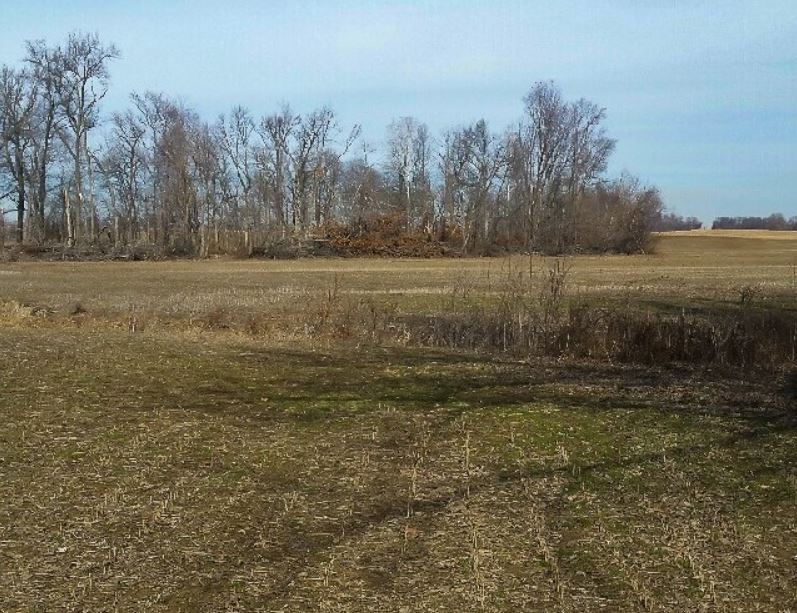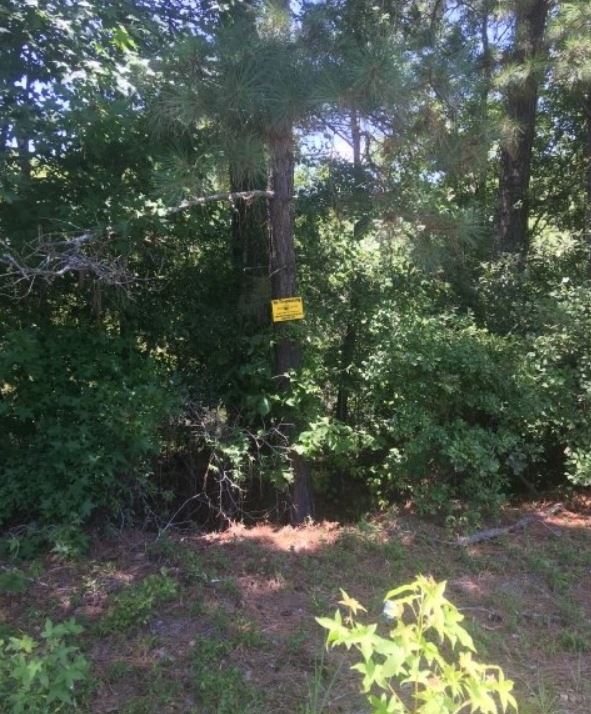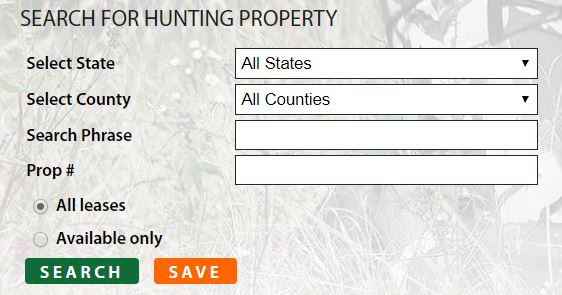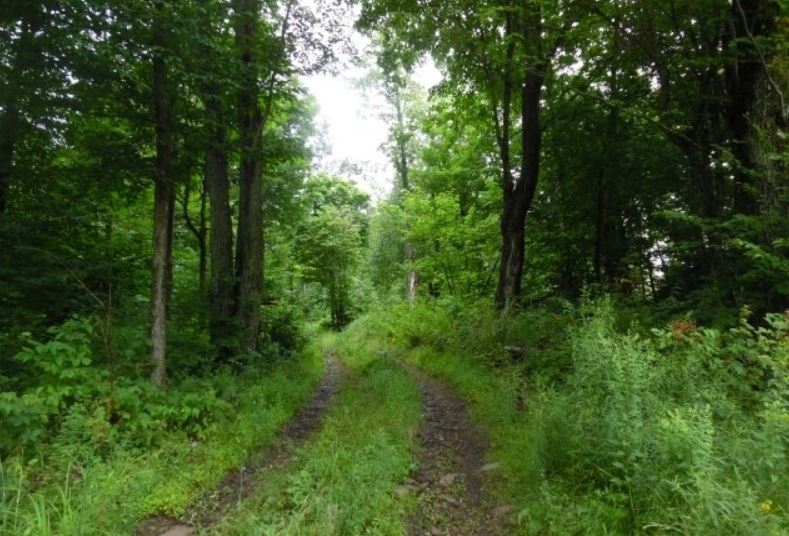Leasing Your Land for Hunting | What You Should Know
You’re probably familiar with the old saying about how you should buy land now because they’re not making any more of it. As a landowner who’s not using all of their land, that phrase just seems kind of silly. Whether you inherited a large property or bought it (because of sentiments like that phrase), it can be a challenge to keep up with the property taxes and maintaining it if you’re not earning anything from it. On the other hand, they’re not making any more of it, so it would seem stupid to sell it outright. That’s where leasing your land for hunting can really shine. Leasing your property allows you to still own it and keep it in your name and for your family, but has many other advantages for you. This lengthy guide outlines several things that would be helpful for you as a landowner, including the various types of hunting leases you could consider, the benefits for you, the actual process of leasing land, and some ways you could increase the value of your property before leasing. Let’s jump in.
Different Types of Hunting Leases
As mentioned, there is more than just one kind of hunting lease – in fact, there are probably dozens of basic categories. Depending on the location you’re in, the habitats you have, and the species of wildlife that use your land, you could really get specific on this topic. But this discussion will focus on the three basic types we commonly see. Hopefully it will help provide context as you’re debating whether you should be leasing your land for hunting.
Leasing Farmland
One of the most common and basic types of hunting leases is leasing farmland for hunting. There’s a good chance if you have a decent-sized farm that you just can’t use all of your property all the time. During the fall harvest season, for example, many farmers have to burn the midnight oil just to play catch up, which doesn’t leave any time for fall hunting seasons. The same goes for spring planting season overlapping spring turkey season. This is especially true for large farms with row crop fields, but can also apply to properties that rely on hayfields or livestock, as there is hay to stockpile, fences to check, animals to butcher, and the list goes on. If you don’t hunt (or don’t have time to hunt anyway), leasing farmland is a great way to earn additional income on your property.
Leasing Timber Areas
Another common situation would include leasing woods for hunting. Even if you have a farm, there are probably timbered areas that are too steep, rocky, or dense to farm, so that area sits idle and really does nothing for you. Or if you have a large wooded property, you might do agroforestry practices or timber harvests [INSERT NEW BLOG LINK], but have you considered leasing your land for hunting as well? It doesn’t have to stop you from doing those other activities, and it can let you essentially double up on the income each acre can produce.
Species-Specific Leases
The last example we’ll mention is a species-specific lease. Let’s say that you do use your land fairly often and even hunt a certain species (such as white-tailed deer), but you don’t have time or interest to hunt other species. Did you know some hunters would still be interested in leasing your land? After all, there are still wild turkeys, small game animals (e.g., rabbits, squirrels, upland birds, etc.), and even waterfowl if you have the right habitat types – it doesn’t have to only be deer hunting land for lease. If you have water features, such as beaver ponds, manmade ponds, or river access, many hunters may be interested in leasing land for waterfowl hunting. Waterfowl leases can fetch great prices if your land is in the right location. The great thing about leasing your land for hunting is that you get to choose what species a lessee can hunt and how they can use your property.
Benefits of Leasing Your Land for Hunting
But why would you even bother leasing your land for hunting in the first place? You probably enjoy having it to yourself – that’s one of the great perks of owning private land, right? So how would it benefit you and is it worth it? Of course, that all comes down to you and your own preferences, but here are a few of the positive outcomes from leasing land to hunters.
Extra Passive Income
The biggest draw for most people is the generation of a steady side income off of leasing your land for hunting. It may help you earn money on land that you can’t utilize for a farm or otherwise anyway. Or you could use the land and still earn a side income from it, thus doubling your income potential. Here are a few ways you could use this extra income:
- You could use it to help pay the property taxes on it each year, making it essentially free to own (assuming you have paid any loans off already).
- You could also use this additional income as a cushion during hard times – farming and living in rural areas is hardly a cheap and secure endeavor. Things happen, and it’s nice to have a safety net or emergency fund for when they do.
- Alternatively, you could use the income to pay for improvements to your property or buy new farm equipment.
- Finally, you could also just use it to take more vacations with the family!
However, you need to keep realistic prices in mind throughout the process – don’t necessarily expect to retire early just from leasing your land for hunting. Hunting lease prices can vary widely depending on your location, size of your property, and existing land use. However, there are some other advantages to leasing it versus selling it outright, including hunting lease income tax. For example, if you sold your property, you would have to pay capital gains tax on your earnings (which is a large sum for a whole property). But if you are just leasing it out, you would simply have to report this amount as earned income and pay normal income tax rates on it.
Reduce Trespassing Issues
When you let someone lease your property, they have a vested interest in keeping it safe and secure, because they may have tree stands or trail cameras on it that they don’t want stolen. They will also likely spend a lot of time scouting, planting, hanging tree stands, or more on your property – having someone else patrol it more often keeps a constant human presence and makes it more risky for a trespasser to access it. Finally, when someone is looking for hunting land for lease, they also usually hope that a property can feel like their own, and that sense of ownership makes them want to protect it. It is the hunter’s responsibility to post the property (if they wish), and if an individual gets caught trespassing, the hunters have the right within the lease to press charges.
Reduce Wildlife Damage
As for the wildlife damage aspect, many wildlife species can be very destructive when it comes to row crops (i.e., corn, soybeans, etc.), hay fields, or even livestock. Deer and raccoons destroy corn fields, migrating geese flocks chow down on alfalfa hay fields, and coyotes inevitably kill a few sheep or cow calves. Having hunters on your property can help control wildlife levels to below nuisance levels, which can reduce the damage on your crops or livestock. In turn, the increased crop or livestock production earns you more money again.
New Relationships
Leasing your land for hunting can also create a new friendship. By and large, hunters are good people who will respect you and your wishes if you treat them fairly. Since you are the landowner and thus in the position of power, many hunters are also willing to help you out occasionally with chores or even donate some of their wild game meat to you. From their perspective, they want to keep you happy so you keep leasing land to them. When they help out around the farm or send a Christmas gift, you have a great incentive to keep them around. Some of these relationships can even develop into full-on friendships if the right people are matched.
Process of Leasing Your Land for Hunting
Now you know a few of the basic types of land leases and the benefits for you as the landowner. Let’s switch gears to focus on the details of how to lease your land for hunting. First, how do hunting leases work? Generally, a landowner puts a property on a hunting lease finder of some sort, where a lessee can contact you about it. If it is a good fit between the two, the lessee can lease the property and use it per an agreed-upon structure. That’s the view of the process from 10,000 feet anyway.
Of course, the easiest way to start this process is to just reach out to us. We can have professional leasing agents walk your property to assess it and give you a fair price to lease it, taking all the guesswork out of it for you. Our agents weigh the property location, size, layout, and wildlife abundance compared to similar properties in the area to estimate the fair lease prices. Then we list it on our national hunting lease network, which contains pictures and a description of your property. When someone is interested in it, we will help you develop a hunting lease agreement, which contains the exact stipulations of the arrangement and are essentially the hunting lease rules they need to follow. For example, if you only want to allow them to hunt a certain species or they can only access the property when first notifying you, those limitations would occur in here so that no arguments can stem from it later. As far as the cost of leasing with Base Camp Leasing, you (as the landowner) would receive 75% of what the property leases for and Base Camp Leasing would retain a 25% commission.
With Base Camp Leasing, you also get free excellent hunting lease liability insurance. Liability insurance is critical when leasing your land for hunting, as anything could happen (i.e., falls from a tree stand, trucks ruining roads, etc.). When you have our insurance, both parties are covered in the event of an accident, which keeps everyone more secure financially.
How to Make More Money and Improve Your Property
If the process above sounds interesting to you, here are a few things you could do to your property to help you earn more money on a lease by improving it first. Now obviously, you could take this as far as you want, from doing nothing to completely revamping everything. We would recommend tackling a few of these projects, as applicable to your property, to earn more without requiring too much work up-front.
- Improve Access – One way to help add value to your property is to simply improve the access of it. Some properties are secluded and very difficult to navigate due to steep terrain or thick cover. If you can develop a small road or trail system on your land using a small excavator or tractor, you would open up new possibilities for lessees and make it more attractive to them (which can consequently make them pay you more).
- General Cleanliness – Before you start leasing your land for hunting, you should do a general cleanup of the property. This includes removing dead or dying trees that pose a safety risk or removing junk piles that have sat there for decades. In general, a lessee will pay more for a property if it is very clean of such things, whereas they would likely pay less if they are surrounded by eyesores.
- Improve Wildlife Habitat – If your property is lacking some key habitat features for common game animals (i.e., deer, turkeys, etc.), consider doing a few habitat improvements to your property. Doing a timber harvest would encourage young successional forest to re-sprout, while planting a conifer and shrub windbreak across an open field could help encourage wildlife travel. It depends on what you are comfortable doing and the ultimate lessee, which brings us to the next category…
- Lessee Improvements – If you are open to letting a lessee make improvements to your land, that can be a major selling point for many people. Having the authority to clear some trees, plant food plots, or dig a wildlife pond might be exactly what a lessee is looking for. They will likely be okay paying more for that authority too.
GET INFO ABOUT LEASING THE HUNTING RIGHTS TO YOUR PROPERTY
Hopefully that clears up some of your questions or hesitations about the land leasing process. If you think leasing your land for hunting sounds like it could be a good fit, reach out to us today. We’re happy to discuss it!





Excellent post! A hunting lease is an arrangement between the lessor (you) and hunters or the lessees that allows them to come to your land and hunt for a set period. There are various types of hunting leases, and they are a terrific method to make passive income while also preventing trespassing. Your lessees pay you per acre or per lessee for a hunting experience that can be used to develop your land.
100ac or less
Are hunting leases subject to sales tax?